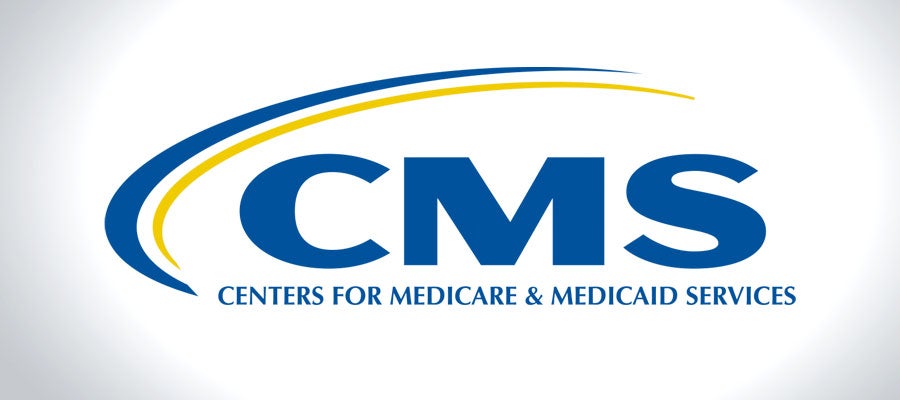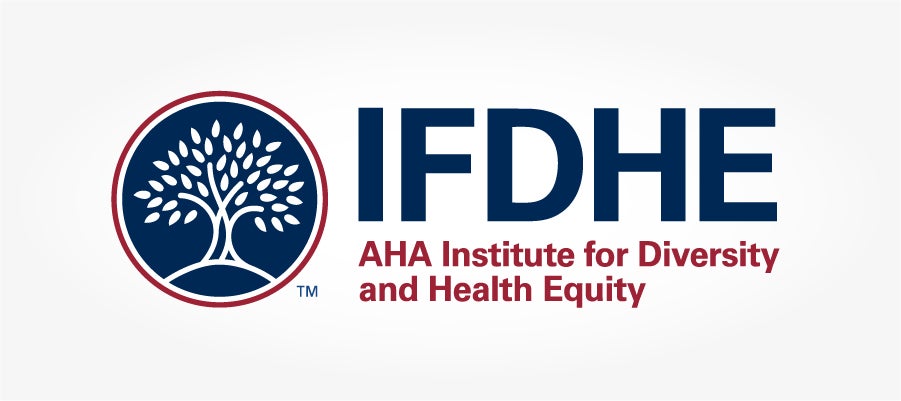The Senate Judiciary Committee today approved five bills to address the opioid crisis, which include provisions aimed at increasing participation in drug take-back programs, strengthening Drug Enforcement Administration discretion in setting opioid quotas, and reducing demand for illicit narcotics.








